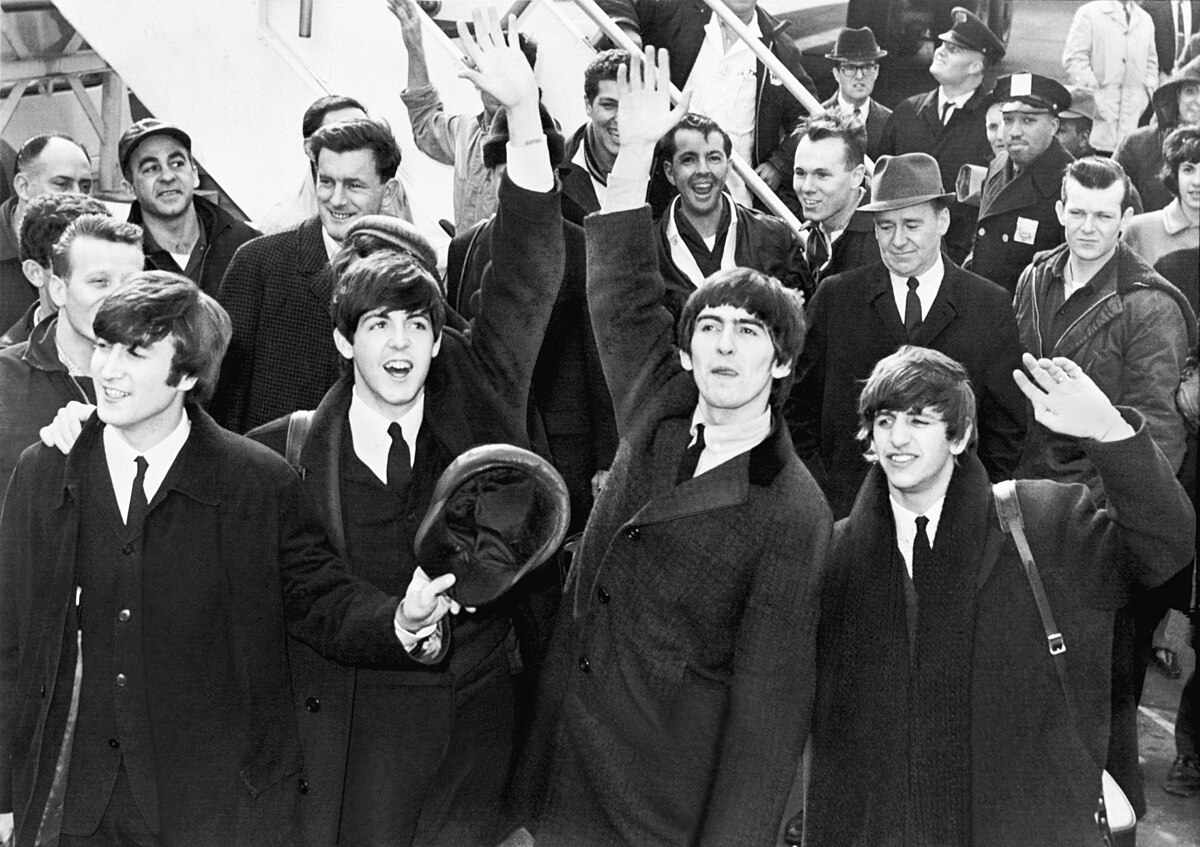 On March 3, 2024, Haiti’s government declared a state of emergency after gang attacks on the country’s two largest prisons resulted in massive prison breaks that saw thousands of inmates escape. According to news reports, gangs control 80 percent of this impoverished nation’s capital Port-au-Prince. On a different, but interestingly related note, the CEOs of two food giants made comments that rattled American consumers. First, Kirk Tanner, the CEO of Wendy’s restaurant chain, suggested that the company would explore using “dynamic pricing” such that the cost of their menu items would change throughout the day depending on demand. This is reminiscent of the pricing strategy used by companies such as Uber and Lyft, which charge more for their ride-sharing service depending on the time of day, week, or year. The second food CEO is Gary Pilnick, the head of cereal giant Kellogg’s, which makes, among other things, Frosted Flakes, Raisin Bran, and Coco Crispies. Pilnick suggested that Americans struggling with high food prices just eat cereal for dinner. Not surprisingly, this comment is compared to Marie Antoinette’s “Let them eat cake!” These seemingly different stories are, in fact, all related to the economy. Let’s take a moment to consider this from a sociological perspective.
On March 3, 2024, Haiti’s government declared a state of emergency after gang attacks on the country’s two largest prisons resulted in massive prison breaks that saw thousands of inmates escape. According to news reports, gangs control 80 percent of this impoverished nation’s capital Port-au-Prince. On a different, but interestingly related note, the CEOs of two food giants made comments that rattled American consumers. First, Kirk Tanner, the CEO of Wendy’s restaurant chain, suggested that the company would explore using “dynamic pricing” such that the cost of their menu items would change throughout the day depending on demand. This is reminiscent of the pricing strategy used by companies such as Uber and Lyft, which charge more for their ride-sharing service depending on the time of day, week, or year. The second food CEO is Gary Pilnick, the head of cereal giant Kellogg’s, which makes, among other things, Frosted Flakes, Raisin Bran, and Coco Crispies. Pilnick suggested that Americans struggling with high food prices just eat cereal for dinner. Not surprisingly, this comment is compared to Marie Antoinette’s “Let them eat cake!” These seemingly different stories are, in fact, all related to the economy. Let’s take a moment to consider this from a sociological perspective.

Haiti, the poorest country in the Western Hemisphere, is a country in absolute poverty. It is a place in which individuals or families do not have enough resources to meet their basic survival needs. What are the basic needs of people? Food, water, and shelter. To put their poverty into perspective, consider dirt cookies, a staple food for many Haitians. These “cookies” are made from a combination of dirt, oil, and salt. They are baked on the ground in the sun and sold in food markets to people who can’t afford other staples like bread or rice. Note that this isn’t “clean” Home Depot potting soil. This is dirt from the ground along the side of a road.
The story behind Haiti’s poverty is long. Once ruled by slavery, a closed stratified system in which slaves and owners exist, Haitians fought and won their independence from France in 1804. That victory came at a price. In 1825, just as Haiti was stabilizing, France sent warships to the island to demand payment for their losses. In today’s dollars, Haiti was forced to pay France an estimated $560 million for their freedom. According to experts, the overall economic loss for Haiti amounts to an estimated $115 billion. It took the nation of Haiti 122 years to pay off its debt. This is so illogical it is mind-blowing. It would be as if someone held you prisoner, forced you to work, beat you, starved you, and sold your children, but you had to pay them for the experience. Imagine how Haiti could have responded differently if the country had that money when the massive earthquakes hit in 2010 and 2021. If Haiti had this money in its coffers, its global stratification, the stratification between people living in different nations, would not nearly be so great.
 By comparison, most struggling Americans live in relative poverty, a subjective level at which an individual or family experiences a deprived lifestyle. While minimum wages are as high as $16.00 per hour in some states, many others still use the federal minimum wage of $7.25. Couple this with inflation and sky-high food prices, even those on the high end of the minimum wage scale are struggling. Not only are prices high, but people simply do not have enough income, money earned on a regular basis through work. This is not an issue that another bowl of cereal can fix. This is about improving the lives of those in society’s lower class, the lowest category of people within a social hierarchy, and middle class, the category of people at the center of a social hierarchy, so they can not only survive but also thrive. In short, the U.S. has an uneven distribution of financial assets and resources that results from the concentration of money in the hands of a small segment of the population. This wealth gap is so large that people don’t see a way out of it. Increasingly people can’t afford rent, let alone buy a home or have kids. Arguably, the #vanlife or #tinyhouse movements are really about people being unable to afford housing, not just the fun of glamping on wheels. Only 27 percent of Americans still believe in the American Dream, a once commonly held belief in the U.S. suggesting that anyone can overcome obstacles and get ahead through hard work and determination. What are we without dreams and achievable goals?
By comparison, most struggling Americans live in relative poverty, a subjective level at which an individual or family experiences a deprived lifestyle. While minimum wages are as high as $16.00 per hour in some states, many others still use the federal minimum wage of $7.25. Couple this with inflation and sky-high food prices, even those on the high end of the minimum wage scale are struggling. Not only are prices high, but people simply do not have enough income, money earned on a regular basis through work. This is not an issue that another bowl of cereal can fix. This is about improving the lives of those in society’s lower class, the lowest category of people within a social hierarchy, and middle class, the category of people at the center of a social hierarchy, so they can not only survive but also thrive. In short, the U.S. has an uneven distribution of financial assets and resources that results from the concentration of money in the hands of a small segment of the population. This wealth gap is so large that people don’t see a way out of it. Increasingly people can’t afford rent, let alone buy a home or have kids. Arguably, the #vanlife or #tinyhouse movements are really about people being unable to afford housing, not just the fun of glamping on wheels. Only 27 percent of Americans still believe in the American Dream, a once commonly held belief in the U.S. suggesting that anyone can overcome obstacles and get ahead through hard work and determination. What are we without dreams and achievable goals?
One could easily argue that the realities in Haiti are the result of dependency theory, a macro theory indicating the stratified world economic system keeps peripheral nations dependent on core nations. On the other hand, conflict theory, a macro theory based on class struggles and exploitation, speaks to the circumstances in the U.S. In both instances, the core issue can be better understood by considering the sage words of candidate Bill Clinton’s 1992 Presidential campaign, “It’s the economy, stupid!”
Thompson is a co-owner of UITAC Publishing. UITAC’s mission is to provide high-quality, affordable, and socially responsible online course materials.
Images used in this blog:
- “Road map of Haiti in French” by Remi Kaupp is licensed under CC BY-SA 4.0. This image has not been altered.
- “Haitian Dirt Biscuits” by Feed My Starving Children (FMSC) is licensed under CC BY 2.0. This image has not been altered.
- “Cereal, Spoon, Milk image” by ponce_photography is licensed by Pixabay. This image has not been altered.




